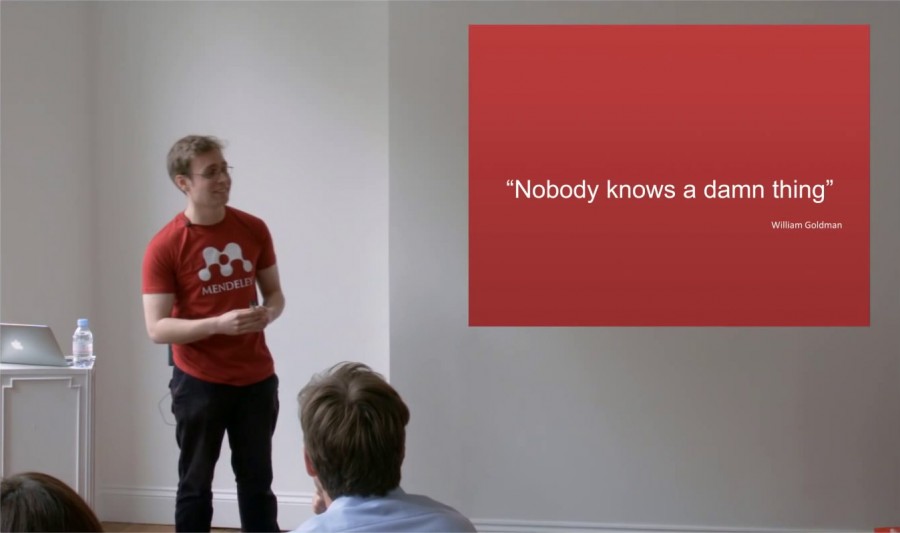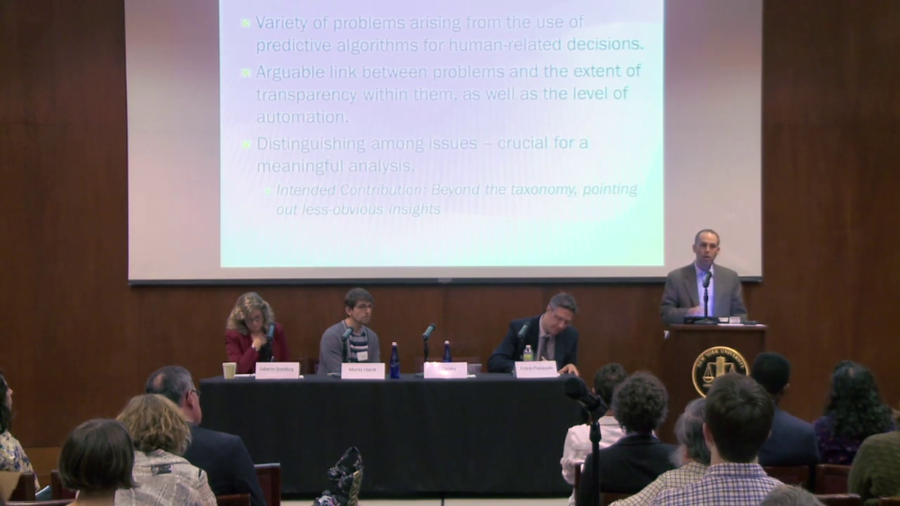When you make a decision to opt for an automated process, to some extent you’re already by doing so compromising transparency. Or you could say it the other way around. It’s possible to argue that if you opt for extremely strict transparency regulation, you’re making a compromise in terms of automation.
Archive

I’ve always been really interested in this idea of whether or not we can predict hits. You speak to anyone who works in the entertainment industry, and everyone has their was stories of that film they were sure was going to become a hit which somehow became a miss. There are niche films which appeal to everyone, and perhaps more likely, films that are designed to appeal to everyone which somehow appeal to no one.


